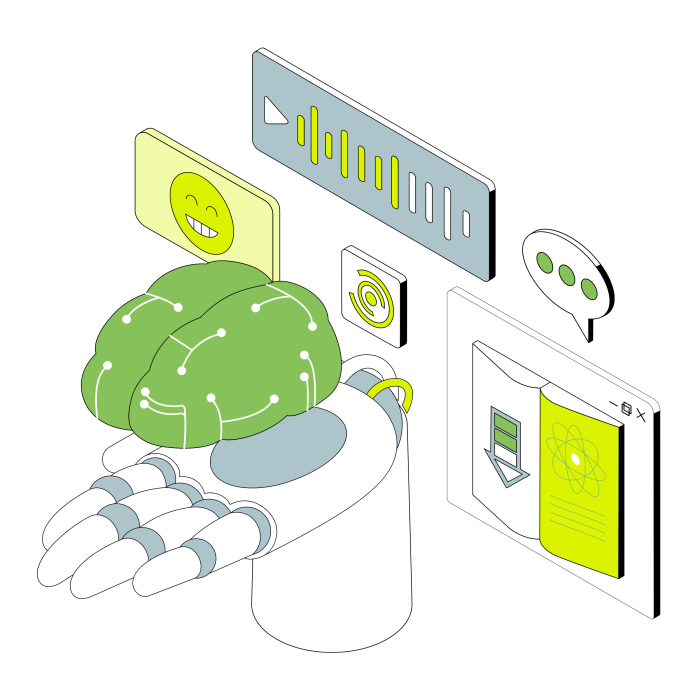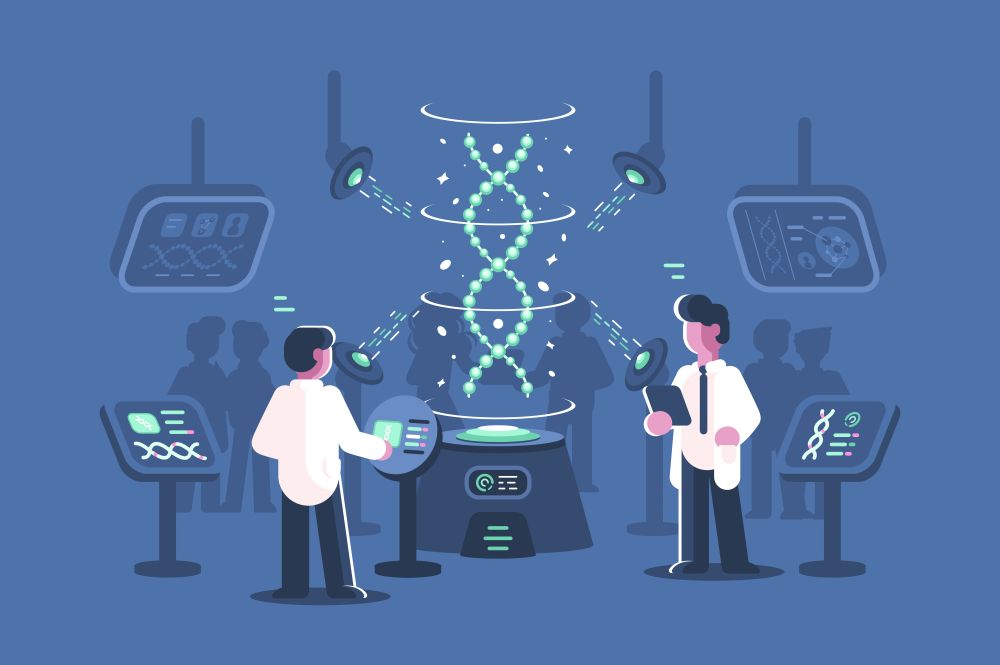CENTAUR "Thinks" Like Humans, and It Could Transform Psychology Teaching Learning 📈
Posted 6 months ago
Imagine an artificial intelligence product that is not trained on facts or formulas but understands how people think and make decisions in real life. This cutting-edge AI, Centaur, wasn't trained on websites or movie dialogue. Instead, it learned from 160 real psychology experiments based on the behavior of 60,000 people who together made over 10 million actual choices.
🧠 What Makes Centaur Uniquely Human
Most AI systems are built to do just one thing well, like beating humans at the game of Go, or predicting how people react to winning or losing money. But Centaur is different. It's a flexible and powerful AI that can handle various thinking tasks like the human brain. It has been developed through procedures involving:
- Trained across a wide range of psychological tests, including gambling bets, memory games, and puzzle-solving.
- Generalizes to brand-new tasks it has never seen before.
- Predicts human behavior more accurately than many traditional psychology theories.
In corporate terms, this hybrid AI–human model could become a scalable "in silico" lab, useful for everything from pre-testing marketing campaigns to understanding how children or people with mental health challenges make choices under stress.
A study team member related to Centaur development says, "You can run experimental sessions in silico instead of using actual human participants."
Why Centaur Matters Beyond Academia?
- Fast-track research is cheaper than trial-and-error with humans.
- Traditional experiments can be slow and costly, and face recruitment challenges. Centaur offers a rapid, cost‑efficient alternative.
- Inclusive testing.
- It can simulate behaviors for demographics that are difficult to reach, such as children, seniors, or clinical groups, while preserving ethical standards.
- Sharper insight into decision-making.
- Businesses, policymakers, and therapists could use Centaur‑style simulations to test interventions before real-world rollout.
What's Next? 🤔
- Better real-world models.
- Researchers want to extend Centaur's training to more complex, real-life decision scenarios.
- Closing the "human gap."
- AI often tackles simple games or logic puzzles, but real human decisions are messy, shaped by stress, bias, ethics, and emotion. Bridging that gap is the next frontier.
- Ethical & privacy safeguards.
- As Centaur grows more human-like, issues around consent, data use, and "who sets the agenda?" become pivotal.
For Businesses and Business Leaders
Centaur isn't just a proof-of-concept, and it's a strategic asset to be used by:
- Marketers can simulate consumer responses before investing in ad campaigns.
- HR professionals might anticipate employee behavior under policy changes.
- Healthcare innovators could model patient choices under different treatment plans.
In short, Centaur is a sign that the future of AI is shifting from analyzing data about humans to understanding why we do what we do.
As Centaur evolves, it aims not to replace psychologists or humans but to amplify our understanding of human behavior. If this AI can truly hold a mirror to the human mind, it's more than software; it's a new lens on who we are.





